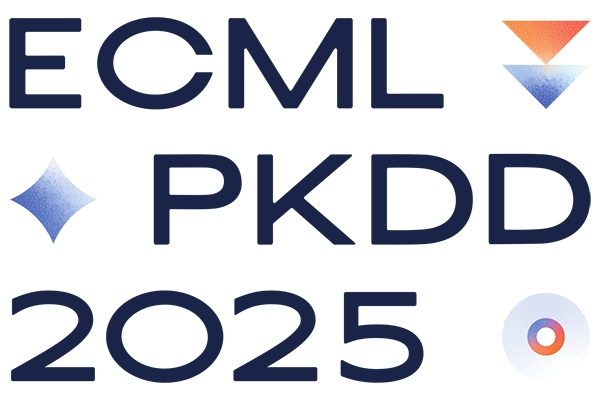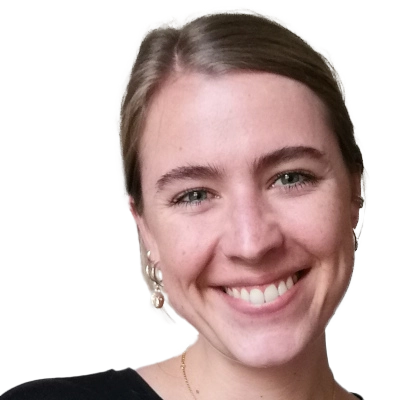26.07.2023

MCML Researchers With Three Papers at UAI 2023
39th Conference on Uncertainty in Artificial Intelligence (UAI 2023). Pittsburgh, PA, USA, 31.07.2023–04.08.2023
We are happy to announce that MCML researchers are represented with three papers at UAI 2023. Congrats to our researchers!
Main Track (3 papers)
Approximately Bayes-optimal pseudo-label selection.
UAI 2023 - 39th Conference on Uncertainty in Artificial Intelligence. Pittsburgh, PA, USA, Jul 31-Aug 03, 2023. URL
Abstract
Semi-supervised learning by self-training heavily relies on pseudo-label selection (PLS). This selection often depends on the initial model fit on labeled data. Early overfitting might thus be propagated to the final model by selecting instances with overconfident but erroneous predictions, often referred to as confirmation bias. This paper introduces BPLS, a Bayesian framework for PLS that aims to mitigate this issue. At its core lies a criterion for selecting instances to label: an analytical approximation of the posterior predictive of pseudo-samples. We derive this selection criterion by proving Bayes-optimality of the posterior predictive of pseudo-samples. We further overcome computational hurdles by approximating the criterion analytically. Its relation to the marginal likelihood allows us to come up with an approximation based on Laplace’s method and the Gaussian integral. We empirically assess BPLS on simulated and real-world data. When faced with high-dimensional data prone to overfitting, BPLS outperforms traditional PLS methods.
MCML Authors

Jann Goschenhofer
Dr.
* Former Member

Emilio Dorigatti
Dr.
* Former Member
Is the Volume of a Credal Set a Good Measure for Epistemic Uncertainty?
UAI 2023 - 39th Conference on Uncertainty in Artificial Intelligence. Pittsburgh, PA, USA, Jul 31-Aug 03, 2023. URL
Abstract
Adequate uncertainty representation and quantification have become imperative in various scientific disciplines, especially in machine learning and artificial intelligence. As an alternative to representing uncertainty via one single probability measure, we consider credal sets (convex sets of probability measures). The geometric representation of credal sets as d-dimensional polytopes implies a geometric intuition about (epistemic) uncertainty. In this paper, we show that the volume of the geometric representation of a credal set is a meaningful measure of epistemic uncertainty in the case of binary classification, but less so for multi-class classification. Our theoretical findings highlight the crucial role of specifying and employing uncertainty measures in machine learning in an appropriate way, and for being aware of possible pitfalls.
MCML Authors
Quantifying Aleatoric and Epistemic Uncertainty in Machine Learning: Are Conditional Entropy and Mutual Information Appropriate Measures?
UAI 2023 - 39th Conference on Uncertainty in Artificial Intelligence. Pittsburgh, PA, USA, Jul 31-Aug 03, 2023. URL
Abstract
The quantification of aleatoric and epistemic uncertainty in terms of conditional entropy and mutual information, respectively, has recently become quite common in machine learning. While the properties of these measures, which are rooted in information theory, seem appealing at first glance, we identify various incoherencies that call their appropriateness into question. In addition to the measures themselves, we critically discuss the idea of an additive decomposition of total uncertainty into its aleatoric and epistemic constituents. Experiments across different computer vision tasks support our theoretical findings and raise concerns about current practice in uncertainty quantification.
MCML Authors
26.07.2023
Related

22.09.2025
Predicting Health With AI - With Researcher Simon Schallmoser
Simon Schallmoser uses AI to predict health risks, detect low blood sugar in drivers, and advance personalized, safer healthcare.

19.09.2025
MCML Researchers With 24 Papers at MICCAI 2025
28th International Conference on Medical Image Computing and Computer Assisted Intervention (MICCAI 2025). Daejeon, Republic of Korea, 23.09.2025 - 27.09.2025

15.09.2025
Robots Seeing in the Dark - With Researcher Yannick Burkhardt
Yannick Burkhardt erforscht Event-Kameras, die Robotern ermöglichen, blitzschnell zu reagieren und auch im Dunkeln zu sehen.

12.09.2025
MCML Researchers With Eight Papers at ECML-PKDD 2025
European Conference on Machine Learning and Principles and Practice of Knowledge Discovery in Database (ECML-PKDD 2025). Porto, Portugal, 15.09.2025 - 19.09.2025






